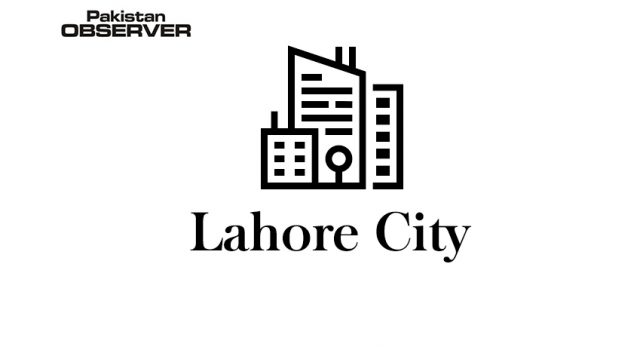By Tariq Azam
In 2012, the United Nations General Assembly adopted a resolution to designate September 5, as the International Day of Charity. The resolution was co-sponsored by 44 UN Member States, including Pakistan.
The date of September 5, was chosen to commemorate the anniversary of the passing away of Mother Teresa, who started her work by devoting herself to the poorest of the poor in the slums of Calcutta.
In the beginning, she did not have any funds but soon she was joined by volunteers and donors who helped her expand her work.
There are several examples of humanitarian causes in our country as well that started from a very small set-up but today, have expanded to ease the suffering of humanity, such as Eidhi Foundation, Sindh Institute of Urology & Transplantation, and Shaukat Khanum Memorial Trust.
In Pakistan, with a population of over 220 million, nearly 50 million people live in poverty according to an estimate.
The public sector in our country is supplemented by a robust network of non-profit organisations and a strong tradition of philanthropy.
Pakistanis are one of the most generous nations in the worldwhich is also evident from a survey conducted by the Pakistan Centre for Philanthropy (PCP), published in 2017.
According to the survey, the total philanthropic giving of households in Pakistan was estimated at Rs. 240 billion, indicating that we contribute over 1 percent of our GDP as charity.
Despite being a developing country, Pakistanis have charity to GDP ratio comparable to countries from the high-income countries such as the UK and Canada.
However, the survey also revealed that most donations in Pakistan go to individuals rather than charitable organisations.
We can achieve more with collective action if individual giving is institutionalized and we go beyond listening to our hearts and also listen to our minds.
Traditionally, the concept of giving is associated with the “heart” and even marketing strategies for NGOs are focused on emotional appeal.
However, Australian philosopher Peter Singer brings the “head”, that is, “reasoning” to the conversation of charity. His concept of “effective altruism” encourages people to combine empathy and reason to be able to do well directed charity.
He also said that some charitable organisations are more effective than others. Individuals should do research to select an organisation that can create maximum impact with their donation.
Organisations such as the Shaukat Khanum Memorial Trust present an excellent example of enabling their supporters to give effectively. The financial audited statements of SKMT are available publicly on its website.
This provides donors with relevant information to evaluate the effectiveness of the organisation. The organisation follows principles of equity, equality, transparency and merit, which further ensures effective utilisation of resources.
There is no discrimination when accepting patients for treatment and quality care is provided regardless of race, ethnicity, religion, or geographical location.
The vision of the organisation matches its actions and this is evident by the accreditation from the Joint Commission International for its hospitals located in Lahore and in Peshawar.
Moreover, the patient selection process is designed in a way that carefully balances equitable access and the need to utilise donations in the best possible manner. In turn, the people of Pakistan have rewarded transparency of the organisation with their valuable trust.
This is evident from their support that enabled the inauguration of the first Shaukat Khanum Hospital in Lahore in 1994, the second one in Peshawar in 2015 and the third and largest one expected to open in Karachi in 2023.
Our religion already encourages philanthropy in the form of Zakat and other mandatory or optional ways of giving.In addition, reason also leadsus to the same conclusion.
According to Peter Singer, leading an ethical life entails sharing your earnings with those who have less than you.
After selecting a cause of your choice, you should calculate the percentage you can give away in a year from your earnings, plan it, and direct it towards a goal.
For example, your goal could be a construction project, equipment, treatment of a patient, and then align it with the resources you can spare.
Those who donate know that giving up a part of your earnings is not a burden and instead, gives purpose and meaning to life when you do something bigger than yourself and your family.
In today’s world giving is perhaps easier than ever with online options and cross-border donations possible.
According to a latest report by the State Bank, the value of mobile banking and internet banking transactions has more than doubled in the third quarter of the fiscal year 2021.
The internet banking users increased by 30 percent when compared with the same quarter last year.
This is encouraging news because more people can choose to donate easily to a cause of their choice, from anywhere in the world.
At the same time, it becomes even more important that people use these tools responsibly when donating, always processing their choice through the filter of their reasoning.
It is important to remember on the International Day of Charity that even small contributions, when combined, can make a huge difference.
We do not need billions of rupees but even one rupee, one idea, one commitment, dedicated to a cause of your choice regularly can change lives.
Let us pledge to act more conscientiously while giving, which could be money, time or skills, and become agents of positive change in Pakistan.
The author is the Director of Marketing and Resource Development at Shaukat Khanum Memorial Trust










